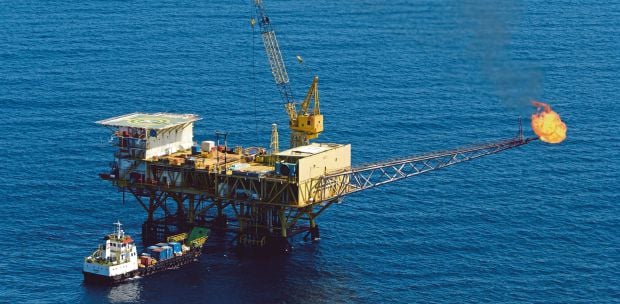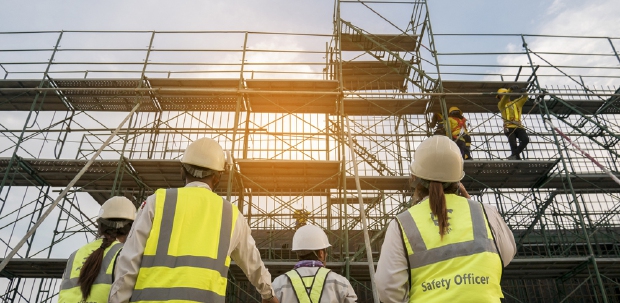THE standard Malaysian grievance on living costs zeros is on how their earnings shrink against the surge of rising prices — food, transport/petrol, rental and other little essentials that make life bearable.
It’s a reality that many Malaysians encounter, from piece-meal wage earners and hand-to-mouth eking in the rural poor to impoverished urbanites struggling on less than RM3,000 a month, the figure considered a benchmark for being poor while enjoying the city lights.
The 20-sen rise in petrol price stemming directly from a prick in the RM23.5 billion annual fuel subsidies is a stark whoop: retailers, whether justified or not, unilaterally passed the hike to commuters and consumers, causing a chain reaction of ballooning costs.
In arresting fuel subsidies from tearing into a runaway train turned cynically political, or at least an opportunity to exploit the concern as a one-upmanship game that the government can’t win — cut subsidies, feel the people’s wrath, but don’t cut subsidies, watch a bloated monster puff and wheeze.
The quandary of the struggling masses was the rallying cry for weeks to yesterday’s tabling of the 2015 Budget, a sonority heard loud and clear by Prime Minister Datuk Seri Najib Razak, exemplified in the slew of goodies and concessions he offered in his sixth national budget.
That the government had to be tough-minded to unpopularly slash fuel subsidies speaks well of economic courage in tough times: yes, global crude oil price is on a downward trend but that still doesn’t lighten the burden of fuel subsidies, which most Malaysians assume is their birthright.
Well, think again. Najib made a pointed reference to the subsidy rationalisation on just how many cars are on the road these days: 23.7 million vehicles as opposed to 13.6 million in 2008.
That’s the strange thing: Malaysians love their cars or at least love owning one to three cars per household but hyperventilate at paying the real cost of fuel consumption, not to mention being stingy in paying parking charges or the valet, seeing how double and triple parking has turned into an art form.
That’s the price we pay for clamouring for affordable cars, new or used. A BMW or Mercedes Benz seems affordable. Dealers of every make seem to be purring record sales. With cabbies and buses’ fares fixed, the real cost to the fuel price hike is transport charges ferrying daily groceries that influences the cost of meals. Will prices of your favourite fried noodle/rice or tea/coffee be bumped up?
It might, knowing the skewed psychology of many Malaysian retailers despite petrol prices being very low, the lowest in the region, that lulls us into failing to realise the real cost of doing business, such is the comfort zone of buying subsidised fuel, which the government must steadily reduce.
To put the subsidy rationalisation into a proper perspective, Najib announced the introduction of a new mechanism to be revealed at a later date. The PM seemed to have preempted a future psychological desire to hike up prices every time the fuel subsidy is cut — expanding the GST-exempt net to cover RON95 fuel, diesel and gas, fruits, bread, coffee, tea, noodles, 2,900 brands of medicine to treat Malaysians’ favourite diseases, books and, bless him, newspapers.
No real excuses for consumption prices to escalate: all the favourite things a Malaysian typically needs to survive in a month without having to bust the bank account. And yes, 1Malaysia People’s Aid (BR1M) is back, more vigorously than ever, with jumps of between RM50 and RM300.
Some ungrateful people criticise the handout but look at it from the angle of the economy and Malaysians’ spending habits, it’s a nice stimulus package that helps little shops of non-essentials to survive.





